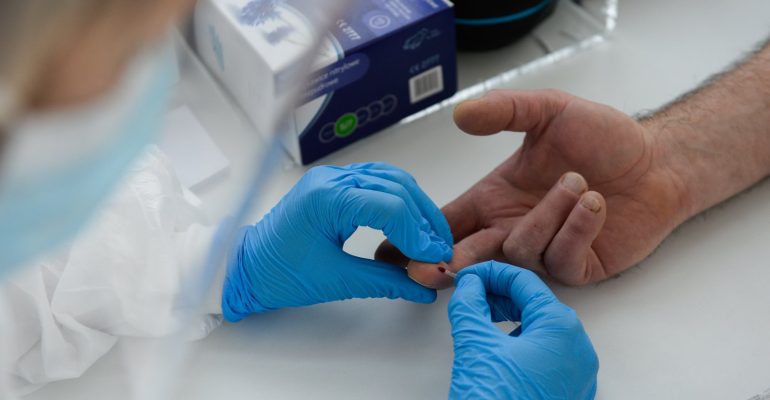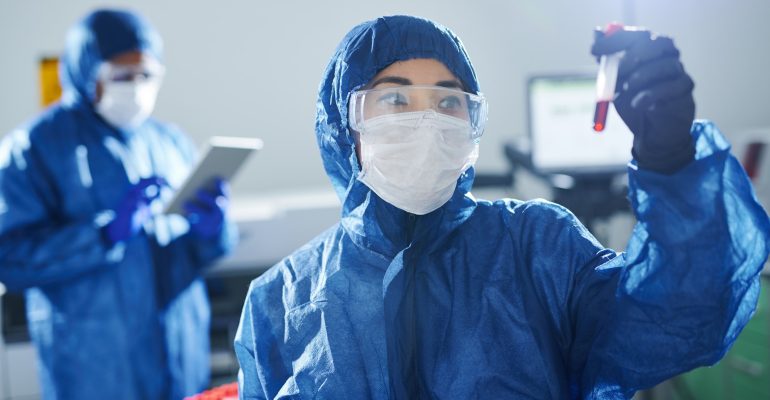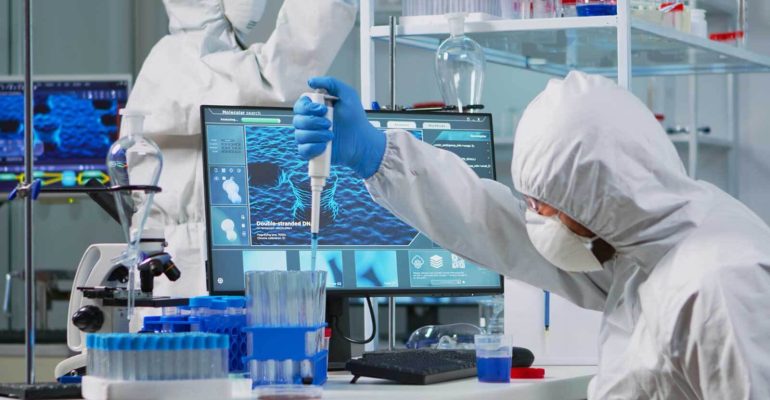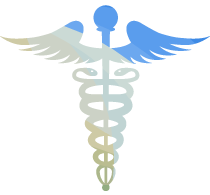Laboratory Testing Strategies by WHO for COVID-19
Have Any Questions?
If you have any query or looking for the best medical laboratory then Bio Covid Lab is always there. feel free to Contact.
Antibody Testing Process
Antibodies are proteins made by the immune system to fight infections like viruses and may help to ward off future occurrences by those same infections. Antibodies can take days or weeks to develop in the body following exposure to a SARS-CoV-2 (COVID-19) infection and it is unknown how long they stay in the blood.
Antibody tests detect antibodies produced by the body’s immune system in response to SARS-CoV-2. The Commonly tested antibodies are IgG and IgM. COVID-19 serology tests can tell whether or not you have had the viral infection in the past. However, antibody tests are not the preferred tests to diagnose current infections.
Antibody tests detect antibodies produced by the body’s immune system in response to SARS-CoV-2. The Commonly tested antibodies are IgG and IgM. COVID-19 serology tests can tell whether or not you have had the viral infection in the past. However, antibody tests are not the preferred tests to diagnose current infections.
Specimen
Taking a blood sample from the finger
What the test will look for
Putting blood sample on a testing template
Laboratory Testing
blood is then examined for types of antibodies (IgM & IgG )



COVID-19 antibody test detects antibodies reactive to SARS-CoV-2 viral proteins. This test can be used to assess recent or previous infection with SARS-CoV-2. This test is most accurate when sample is collected 3-4 weeks after onset of symptoms or 3-4 weeks after exposure.
At this time, it is not known if the presence of antibodies to COVID-19 means you are immune to the virus and protected from re-infection. Importantly, it is not known how long antibody response to COVID-19 virus lasts. Based on current studies, antibodies to COVID-19 virus can be detected up to 4 months post-exposure, but levels vary depending on individual immune response as well as disease severity, with levels higher in severe and lower in milder/asymptomatic cases.
When Antibody testing for COVID-19 required?
Antibody testing for COVID-19 may be done if:
- You had symptoms of COVID-19 in the past but weren't tested.
- You're about to have a medical procedure done in a hospital or clinic, especially if you've had a positive COVID-19 diagnostic test in the past.
- You've had a COVID-19 infection in the past and want to donate plasma, a part of your blood that contains antibodies that can help treat others who have severe cases of COVID-19.
Frequently Asked Questions
The frequently asked questions (FAQs) on this page are for a general public or consumer audience.
A positive test result means that you most likely have COVID-19 now and should self-isolate: stay home, separate yourself from others, and take precautions to reduce the risk of spreading the virus, including using a face covering and practicing good hand hygiene and physical distancing. If your symptoms get worse, you should contact your local health care provider by phone.
The test results from different laboratories may vary depending on several factors such as the accuracy of the test itself and also how long it may take for your body to develop antibodies after you had the coronavirus infection, if you were in fact infected. For this and other reasons, you should always review your test results with your health care provider.
Antibody tests and diagnostic tests are available by prescription from a health care provider and may be available at local health care facilities and testing centers. Contact your health care provider or your local or state health department for more information.
If you suspect that you previously had COVID-19, even if you never showed symptoms or signs of illness, your healthcare provider can order an antibody test to assess recent or prior infection. Antibody responses to the virus take some time to develop and vary between individuals. For most accurate results (results with highest sensitivity) it is recommended the antibody test is ordered 3-4 weeks post-onset of symptoms or post-exposure. However, based on current studies, antibodies to COVID-19 virus can be detected up to 4 months post-exposure.
